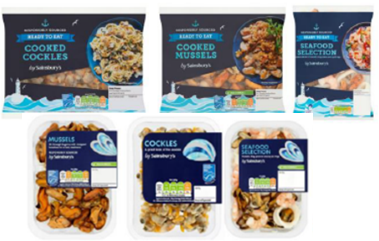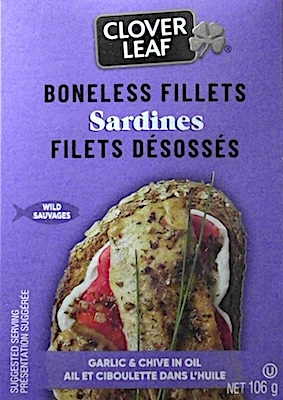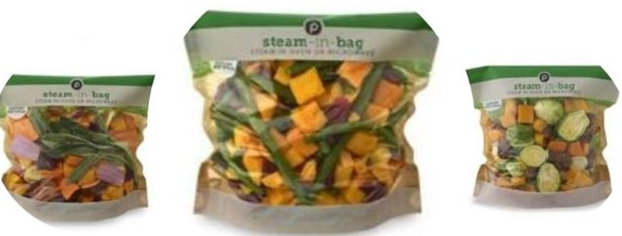The FDA announced that House-Autry Mills, Inc. (Four Oaks, N.C.) recalled 9 oz. House-Autry Tartar Sauce as a precaution due to its co-manufacturers verification of spoilage associated with the product. Several factors cause food spoilage, making items unsuitable for consumption. Light, oxygen, heat, humidity, temperature, and spoilage bacteria can affect both the safety and quality of perishable foods. When subject to these factors, foods will gradually spoil. The product was distributed between December 15, 2020, and January 18, 2021, to distribution centers in South Carolina, North Carolina, Virginia, Pennsylvania, Florida, and Ohio. No illnesses have been reported to date in connection with this issue. @ https://www.fda.gov/safety/recalls-market-withdrawals-safety-alerts/house-autry-mills-announces-voluntary-recall-house-autry-tartar-sauce-due-spoilage
ruth
House-Autry Mills, Inc. is voluntarily recalling 9 oz. House-Autry Tartar Sauce (60013) with the following Best By dates: BB 08182021, BB 08232021, BB 09162021, BB 09172021, BB 09182021 and BB 09212021 as a precaution, due to the verification of spoilage associated with the product
ruth
The UK’s Food Standards Agency (FSA) has warned that seafood sold at major supermarkets (Asda, Sainsbury’s, Co-op, and Waitrose) could be contaminated with Salmonella. The products recalled include chilled and frozen mussels, cockles, and seafood selections. Salmonella has been detected in the seafood supplier’s manufacturing environment, no products have tested positive for Salmonella. Up to 12 items from Sainsbury’s, Asda, Co-op, and Waitrose have been recalled. @ https://www.food.gov.uk/news-alerts/alert/fsa-prin-05-2021
ruth
The Canadian Food Inspection Agency (CFIA) announced that Clover Leaf Seafoods Corp. (Markam, Ontario and Blacks Harbour, New Brunswick) recalled two flavors of boneless sardines because they may permit the growth of Clostridium botulinum. The two products are Clover Leaf brand Sardines Boneless Fillets – Garlic & Chive in Oil and Sardines Boneless Fillets – Smoked Jalapeño in Oil. The company triggered the recall. No confirmed illnesses had been reported in connection with the recalled sardines. The sardines were sold in New Brunswick, Alberta, Newfoundland and Labrador, Nova Scotia, Ontario and Quebec, and possibly national. @ https://healthycanadians.gc.ca/recall-alert-rappel-avis/inspection/2021/74853r-eng.php
Clover Leaf Seafoods Corp. is recalling Clover Leaf brand Sardines Boneless Fillets – Garlic & Chive in Oil and Sardines Boneless Fillets – Smoked Jalapeño in Oil from the marketplace because they may permit the growth of Clostridium botulinum. Consumers should not consume the recalled products described below.
The FDA announced that Publix Super Markets, Inc. had initiated a voluntary recall on select Publix Steam In Bag products prepared in-store containing butternut squash as an ingredient. The recall over Listeria monocytogenes risk is tied to supplier Pero Family Farms Company, the butternut squash supplier. The recall impacts three products containing a specific butternut squash ingredient (include Publix Steam In Bag Green Bean Butternut Squash, Publix Steam In Bag Season Butternut Medley, and Publix Steam In Bag Butternut Brussel Pecan). To date, there have been no reported cases of illness. @ https://www.fda.gov/safety/recalls-market-withdrawals-safety-alerts/publix-steam-bag-product-recall
Publix Super Markets, Inc. has initiated a voluntary recall on select Publix Steam In Bag products prepared in-store containing a specific butternut squash ingredient. This recall is the result of notification of a recall for possible Listeria monocytogenes contamination from Pero Family Farms Compa




